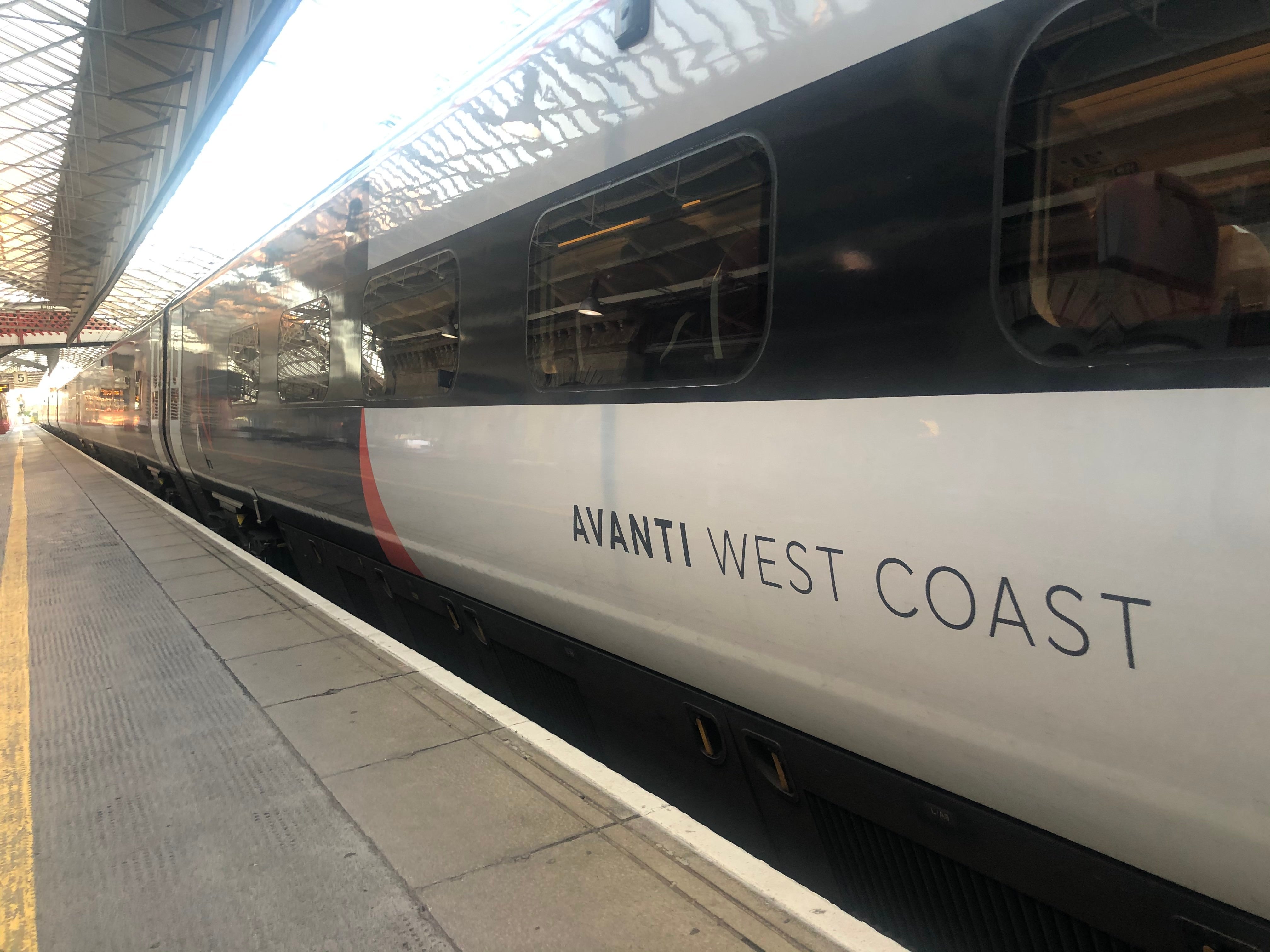How the government will squander £50m on empty trains this weekend
The Man Who Pays His Way: Britain has a shameful glut of empty seat

Your support helps us to tell the story
From reproductive rights to climate change to Big Tech, The Independent is on the ground when the story is developing. Whether it's investigating the financials of Elon Musk's pro-Trump PAC or producing our latest documentary, 'The A Word', which shines a light on the American women fighting for reproductive rights, we know how important it is to parse out the facts from the messaging.
At such a critical moment in US history, we need reporters on the ground. Your donation allows us to keep sending journalists to speak to both sides of the story.
The Independent is trusted by Americans across the entire political spectrum. And unlike many other quality news outlets, we choose not to lock Americans out of our reporting and analysis with paywalls. We believe quality journalism should be available to everyone, paid for by those who can afford it.
Your support makes all the difference.As you know, the government does not currently want anyone to travel from Manchester to London, or vice-versa. Anyone checking out online rail timetables is asked: “Please avoid non-essential travel in the Greater Manchester area".
As you may not know, the government is paying Avanti West Coast to run 150 trains connecting Manchester Piccadilly and Stockport with London Euston over this weekend. All day on Saturday and Sunday, and into the evening, an express will set off from each end of the route every 20 minutes.
If everyone follows the official advice on tier 3 locations, all 75,000 seats on those trains will be empty when departing from and arriving at Stockport and Manchester. A few fare-paying passengers will join at en-route stops, which variously include Wilmslow, Crewe, Macclesfield, Stoke-on-Trent and Milton Keynes. But much of the line’s normal traffic is end-to-end.
Running an astonishing number of ghost trains a distance of 184 miles, at a top speed of 125mph, is just one way in which £50m of taxpayers’ money will be squandered on the nation’s railways this weekend.
Every month, the Treasury pumps £750m of your cash and mine to ensure that at least nine out of 10 scheduled trains are running across Britain. Passenger numbers are once again in decline, this week reaching just 31 per cent of last year’s levels. The last time so few British people travelled by rail was in the mid-19th century.
If the governments in London, Cardiff and Edinburgh have anything to do with it, passenger numbers will fall still further due to the tier 3 restrictions in England, the Welsh firebreak that begins this weekend and Scotland’s new local lockdowns.
Taxpayers are throwing an average of £1m each hour at a problem that doesn’t exist: “How can we provide enough trains for the nation?” And this at a time when other parts of the travel industry desperately need support, yet are being ignored by government.
As one of the industry’s leading voices observed this week, the million-pounds-per-hour railway express cannot keep going indefinitely.
“Post-Covid we probably do not need a thrice-hourly Euston-Manchester service,” wrote Nigel Harris in the journal he edits, Rail.
During the coronavirus we need trains every 20 minutes even less. No one could seriously complain if, instead, departures were half-hourly. That will still give plenty of room for social distancing. Besides cutting costs (and perhaps one day even fares) it has many welcome side-effects: reducing wear and tear on track and trains, improving punctuality by reducing the potential for congestion, and saving energy.
Since the rail industry went into “emergency measures” (civil-service speak for taxpayers taking all the financial risk), the Department for Transport (DfT) has called all the shots: instructing train operators which services to run and producing a shameful glut of empty seats. The Treasury has bankrolled this busy yet pointless network of emptiness.
But sooner rather than later the chancellor’s magic money tree will wither. Unless the DfT shows some enthusiasm for aligning supply with demand, the destination is inevitable: a cabinet meeting in which the rail budget gets savaged on the grounds that so much has been wasted.
As Nigel Harris says: “The railway must ‘think the unthinkable’ and pull the levers quickly – or Treasury’s grim reaper will do the job.”
Join our commenting forum
Join thought-provoking conversations, follow other Independent readers and see their replies
Comments